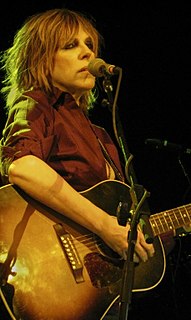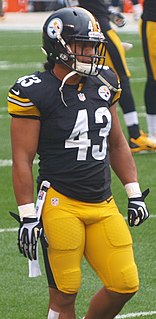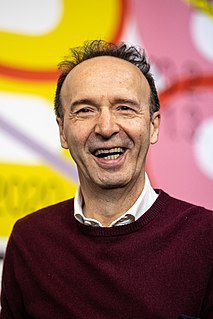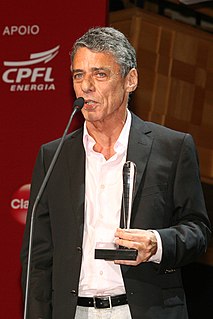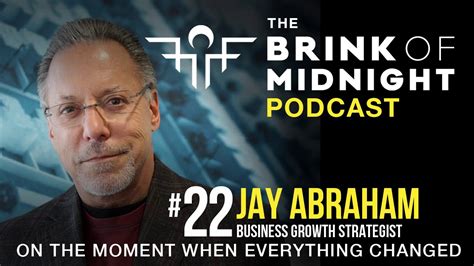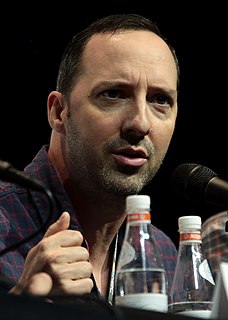A Quote by Helen Dunmore
Poets go through a very tough apprenticeship in the use of words.
Related Quotes
I use the [vulgar] words because apparently these words do not corrupt morally. I'm from the street in New York, hung around in a tough neighborhood. It was common to curse, you make your point. It's a very effective language. I try not to overdo it. It's never to shock. I know where it fits, it's never to shock. There's no shock value left in words.
A writer is a person who cares what words mean, what they say, how they say it. Writers know words are their way towards truth and freedom, and so they use them with care, with thought, with fear, with delight. By using words well they strengthen their souls. Story-tellers and poets spend their lives learning that skill and art of using words well. And their words make the souls of their readers stronger, brighter, deeper.
Nearly all men and women are poetical, to some extent, but very few can be called poets. There are great poets, small poets, and men and women who make verses. But all are not poets, nor even good versifiers. Poetasters are plentiful, but real poets are rare. Education can not make a poet, though it may polish and develop one.
It is worth reminding that being president is a tough job for anybody, and particularly so in the information age. There's such a glut of information. Anything a president says or does is picked up on the Internet or the 24/7 news media and criticized almost instantly. Leaders persuade through their words and as such their words need to be measured and well chosen. It is a tough job.
Make your copy straightforward to read, understand and use. Use easy words; those that are used for everyday speech. Use phrases that are not too imprecise and very understandable. Do not be too stuffy; remove pompous words and substitute them with plain words. Minimize complicated gimmicks and constructions. If you can't give the data directly and briefly, you must consider writing the copy again.
I don’t worry anymore about writing. There are times that I go through dry periods. I never go through a block. I’m always writing, but there are times where I’m just not on my game, and I’ll use that time to read some new poets, go see some art, walk down to the river and just stare at it, or have a conversation with my sister, or whatever—do whatever it is that I do in my life, hoping that I’ll get filled up enough. And something will happen, some juggling will happen and boom.
I think anytime in someone's faith journey, my faith journey also, you go through doubting... I think you kind of have to go through that, honestly, just to ask the tough questions... I mean, life is crazy, and to know that, honestly, a loving God is walking through it with me is very comforting for me.


